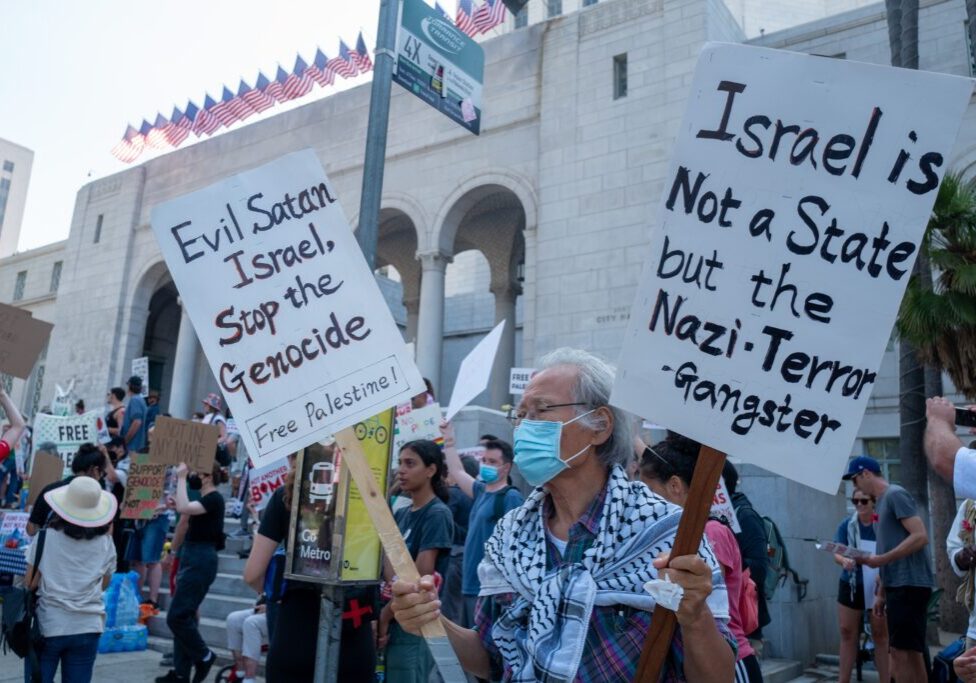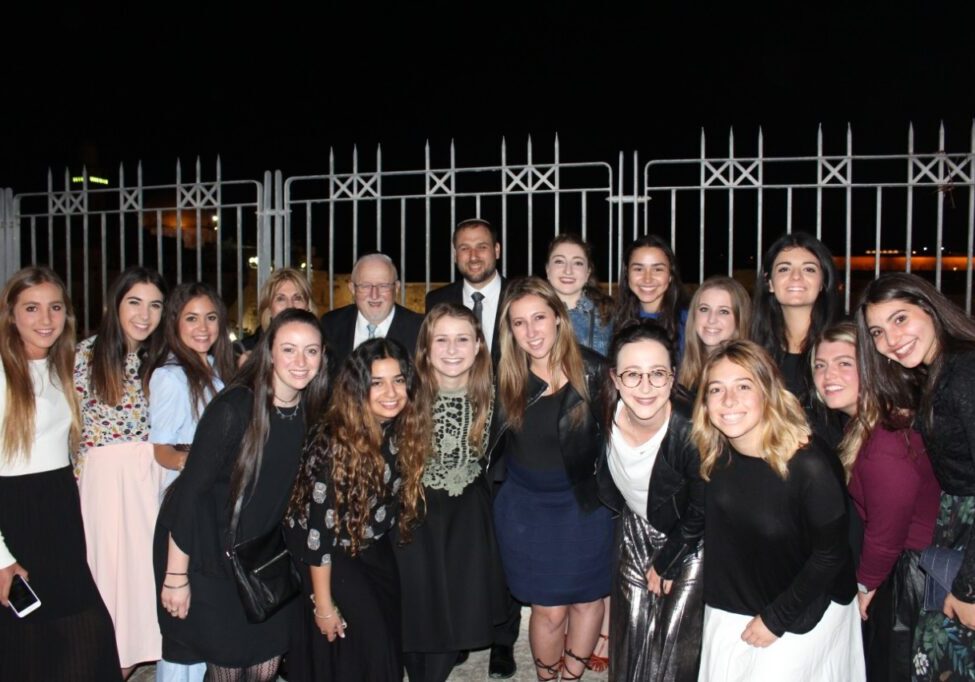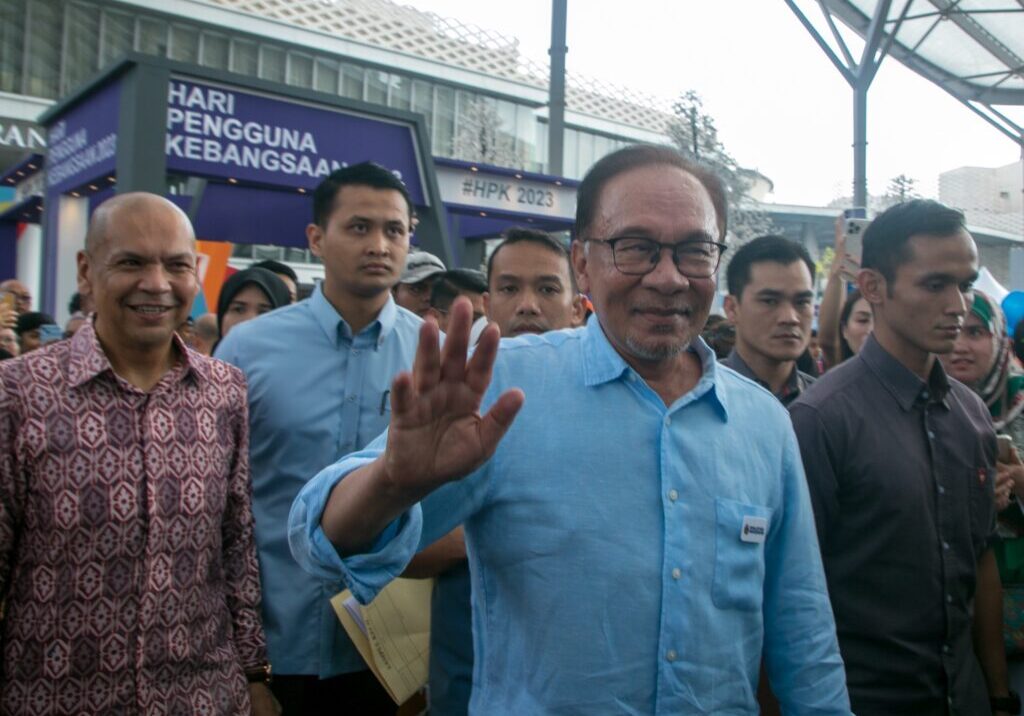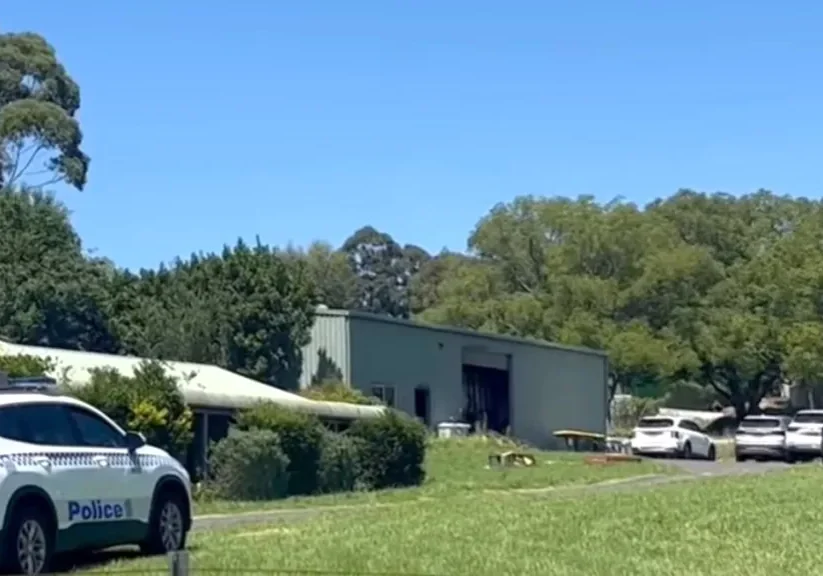Australia/Israel Review
Asia Watch: The Old Bogeyman
Aug 1, 2011 | Michael Shannon
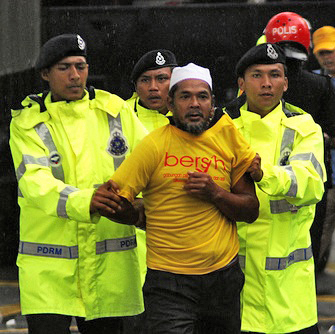
One of the most reliable indices of political heat in Malaysia is when the spectre of Jews or Israel is invoked to discredit domestic political enemies. That no instance seems too far-fetched is an interesting indicator of how Jews are perceived in a country with no Jewish population of its own – a fantasy notion of Jewish omnipotence, antisemitism or probably a combination of both.
Malaysia’s government is still reeling from a July 9 march of 20,000 people in Kuala Lumpur and the police overreaction. Malaysia’s biggest opposition-aligned protest in almost four years was put down forcefully by riot police, water cannon and teargas. Over 1,600 people were arrested in the crackdown, including opposition leader Anwar Ibrahim and the leadership of the protest organisers, Bersih 2.0, a coalition of non-governmental organisations seeking reform of the country’s electoral system.
Then Utusan Malaysia, a journal of the ruling party in the Malay language aimed at the rural population, editorialised on July 11 that Malaysians “cannot allow anyone, especially the Jews, to interfere secretly in this country’s business.”
“At a time when the drumbeats in the name of human rights are getting boisterous, it will give the best opportunity for pro-Jewish groups to interfere in any Muslim countries,” the daily said in an editorial.
“The success and prosperity of Malaysia as a model Islamic nation has created jealousy to a certain country and this is made worse by Malaysia’s firm stand in fighting against violence by the Jews in Palestine,” the editorial continued. “The Jews will find ways to destroy our prosperity and well-being.”
Such allegations are ironic, since the paper had previously alleged that Bersih (Clean, in Malay) was funded by Christian groups, which would threaten the majority Muslim population in the country. Opposition spokespersons termed the charges “nonsense and in bad taste,” while columnists assert that most city dwellers take it with a pinch of salt, as alternative digital sources of information are readily available.
Bersih alleges that millions of voters have been disenfranchised by government electoral policies that keep the young and new voters off the rolls. The organisation, joined by 60 other civic groups, has published a list of demands that the government clean the electoral rolls, reform postal ballots, allow for a 21-day campaign period, end gerrymandering, give free and fair access by both sides to the major newspapers and television stations, which are owned by the country’s major political parties, and allow other reforms.
Beyond the question of who won or lost the PR battle over the rally, the massive police crackdown raises the question of why the ruling coalition reacted so strongly. The answer likely goes back to 2007, when the first Bersih rally drew 40,000 protesters, one of the largest in modern Malaysian history, and prompted the same kind of crackdown by the government of then-Prime Minister Abdullah Badawi.
That rally was widely regarded as the spur that, in 2008, ultimately drove the Anwar-led coalition to victory in five Malaysian states and broke the Barisan ruling coalition’s 50-year-old two-thirds parliamentary majority.
In any case, electoral reform is unlikely. The Barisan maintains a strong hold on parliament and the chances of reform legislation passing are nil. But amid the ruckus over the rally, it’s undeniable that mainstreet sentiment tends towards hostility to Jews and the Jewish state.
English Premier League giant Chelsea played against Malaysia in Kuala Lumpur on July 21, but the so-called “friendly” was marred by some unfriendly booing and jeering at Chelsea’s Israeli midfielder Yossi Benayoun whenever he had the ball.
Mei Tang, secretary of the Malaysian branch of the Chelsea Supporters Club, praised Chelsea for bringing their whole squad, including Benayoun. “You can’t avoid it as this is a Muslim country. You have to anticipate such a scene,” she told AFP.
Benayoun was the first Israeli to play in Malaysia. In 2008, Chelsea’s Israeli coach Avram Grant and defender Tal Ben Haim were expected to go to Malaysia after the government gave its approval despite protests from Muslim groups, but both left the club before the trip.
Thai reset
The jury is out on whether Thailand’s new government has the policies and means to quell the ongoing violence in the Malay Muslim-dominated southern provinces.
The Puea Thai Party under Yingluck Shinawatra won July’s general election in a landslide over the incumbent Democrat Party, even though it did not win a single constituency in the deep south. It is reportedly seeking to establish a special administrative organisation in the region and may turn to former prime minister and army commander General Chavalit Yongchaiyudh to play an advisory role. But critics question whether Puea Thai will follow through on its pledge to offer locals more power in the region.
Of course, Puea Thai is a new incarnation of Thai Rak Thai, the party formed by former PM Thaksin Shinawatra that won elections in 2001 and 2005. Insurgent violence in the far south dramatically escalated under Thaksin’s watch in 2004, when the businessman-cum-politician took a hard-line on rebels and showed no interest in decentralising political power.
Tags: Antisemitism, Malaysia, Thailand


